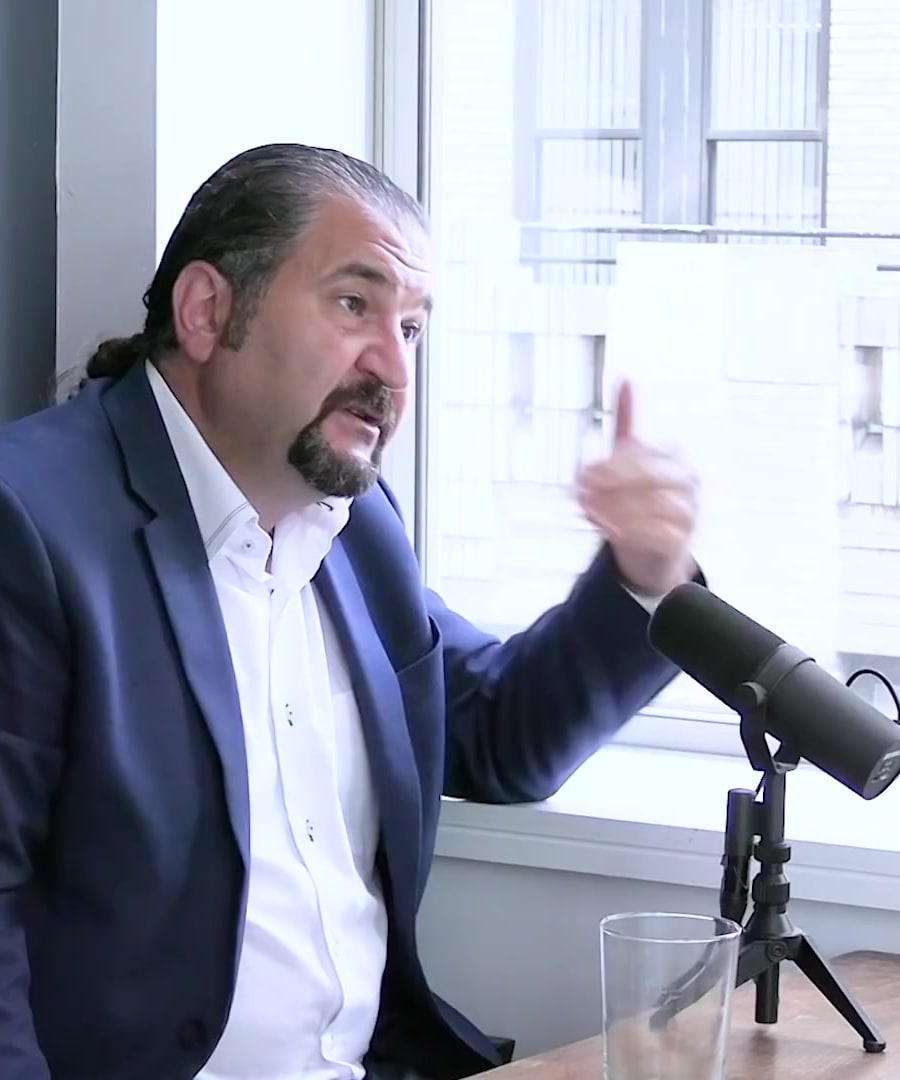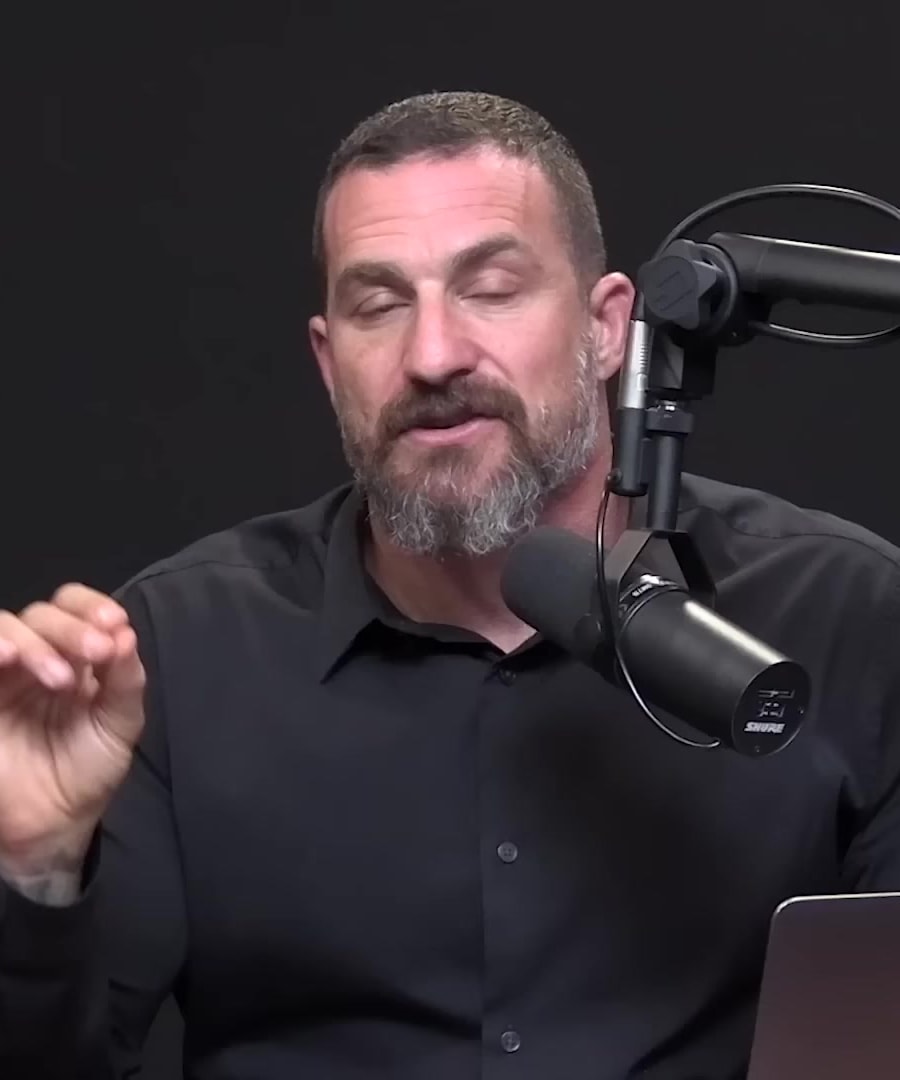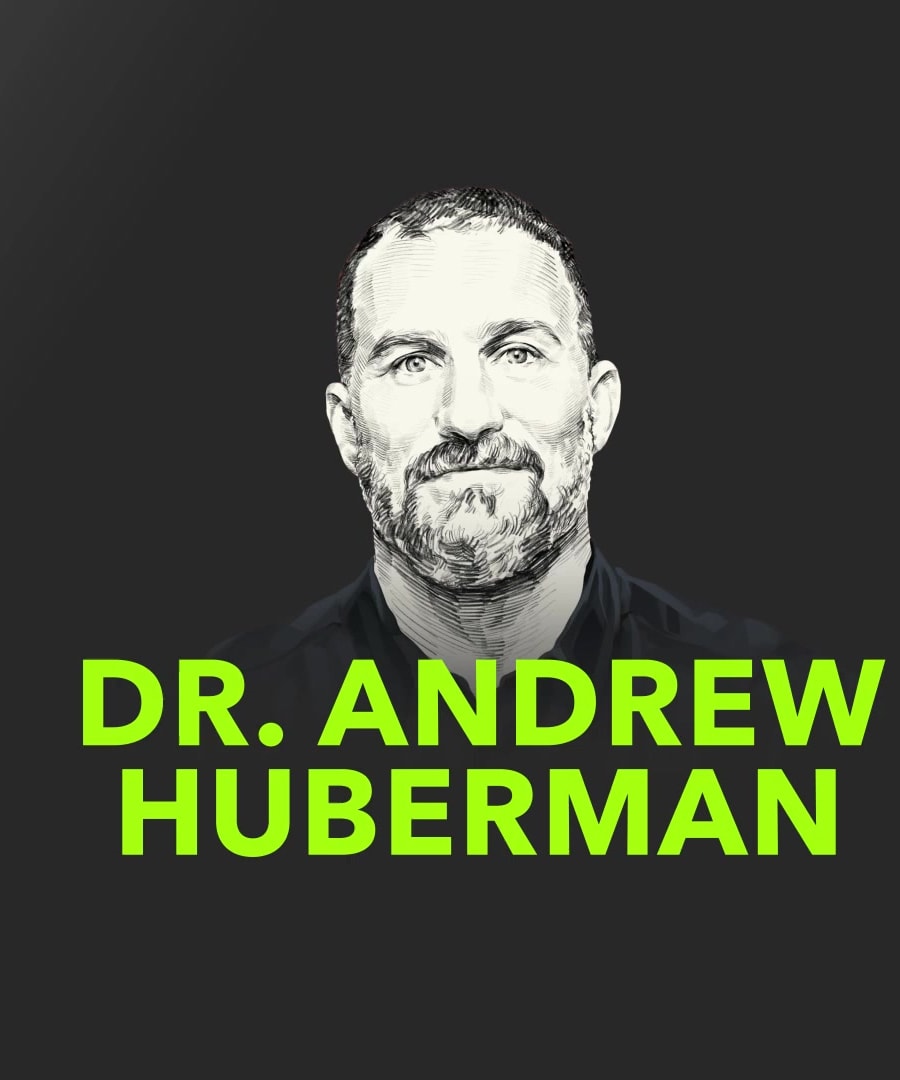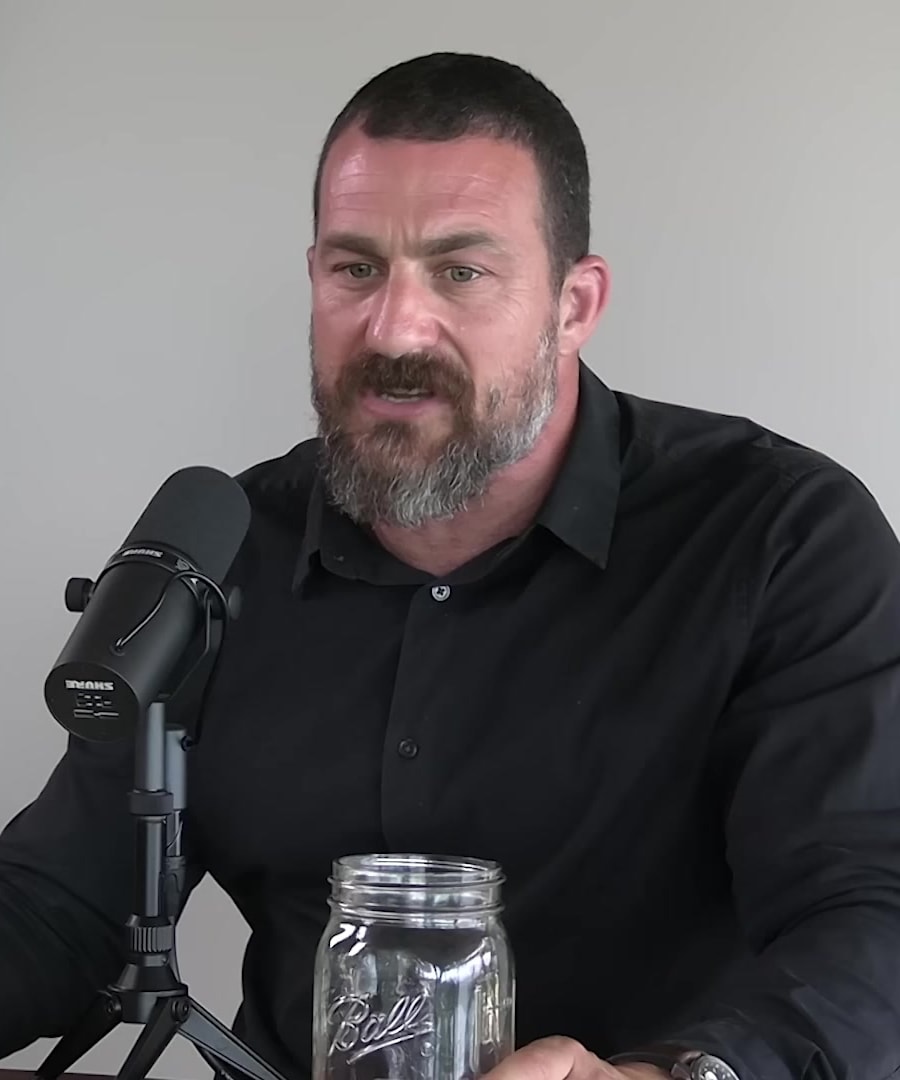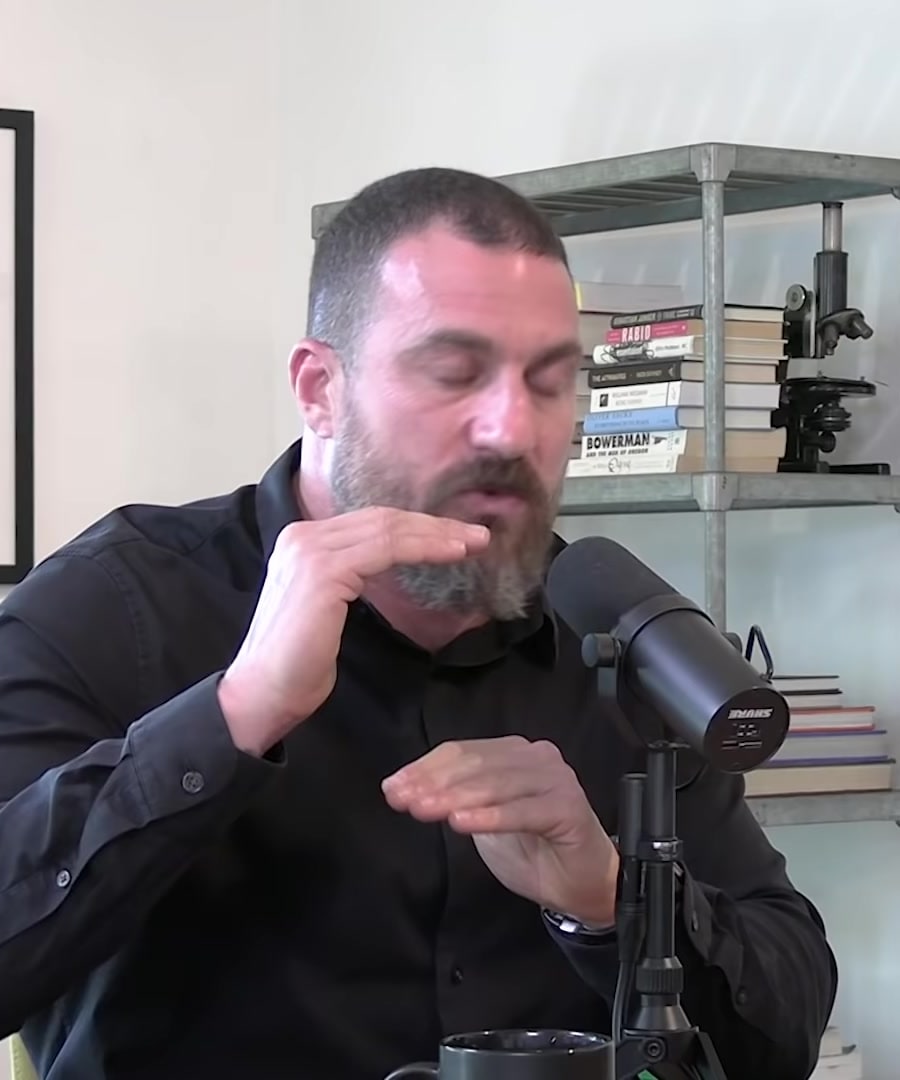What do experts say about daylight saving time?
Sources:
Daylight Saving Time (DST) is a topic covered on the podcast, particularly regarding its impact on circadian rhythms and sleep. Dr. , Chief of the Section on Light and Circadian Rhythms at the National Institutes of Health, along with , has expressed that DST changes can disrupt sleep patterns and circadian rhythms. During daylight savings, people are pushed to adapt to a time that is already later in the day when the light is going to push them later anyway. This can be especially problematic for individuals with already delayed sleep rhythms, as DST exacerbates the issue by making their circadian clock even more delayed 1.
Both Dr. Hattar and Dr. Huberman are advocates for abolishing DST because of its potential negative effects on mental health. Eliminating DST could have a positive impact on the widespread issues related to improper interactions with light. The circadian community has been trying for years to abolish DST due to these concerns 1.
Overall, experts like Dr. Hattar and Dr. Huberman suggest that maintaining consistent circadian rhythms by aligning our daily patterns with natural daylight and night-dark cycles is crucial for our mental and physical health, and adjusting the clocks for DST adds unnecessary disruption to these rhythms.
How to get a 800-1200 Total Testosterone naturally?
Sources:
Boosting testosterone levels to the upper physiological range naturally involves a combination of lifestyle changes, supplementation, and monitoring. Here is advice from and other experts featured on the :
-
Lifestyle Changes: Ensure proper nutrition, regular exercise, sufficient sleep, and stress management as they are foundational for maintaining healthy testosterone levels.
-
Supplementation:
- Tongkat Ali: This supplement can reduce sex hormone-binding globulin (SHBG), potentially increasing free testosterone levels. Suggested dosages range from 200 mg to 600 mg per day. Individual responses may vary, and it is recommended to find the minimal effective dose through trial and subjective assessment as well as objective blood work 1.
- Fadogia Agrestis: Anecdotally, using Fadogia Agrestis in combination with Tongkat Ali increased total testosterone by about 200 points 2.
-
Monitoring: Blood work is crucial for tracking changes in testosterone levels and adjusting supplementation accordingly. It is essential to assess both total and free testosterone levels 3.
-
Other Factors:
It is vital to address these changes with the guidance of a healthcare professional, especially considering the potential side effects of any supplementation and the complex interaction of testosterone with various physiological systems. Remember, boosting testosterone naturally is a multidimensional process that includes lifestyle habits, supplements, and potentially other non-pharmaceutical interventions.
RELATED QUESTIONS-
What do experts say about daylight saving time?
How to get a 800-1200 Total Testosterone naturally?
- RELATED QUESTIONS
